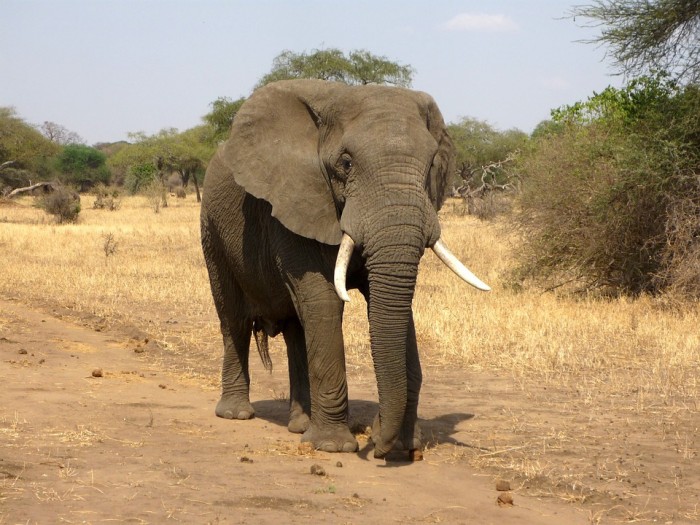
John Matano, a Kenyan entrepreneur, is collecting elephant dung and turning it into paper. His company, Nampath Paper, produces high-quality paper to rival any paper made from trees. Although it would seem a peculiar product, the industry is already growing throughout East Africa with 17 firms contributing.
Matano told BBC News, "If you ask me 'is paper from elephant dung of reasonable quality?' the answer is a big yes". Matano already has sales and distribution in Mombasa and Nairobi.
The free, constant supply of the raw material makes the paper industry very lucrative. "An average elephant eats 250kg of food each day. Out of that amount about 50kg of dung is produced, and 125 sheets of [A4] paper can be produced from each 50kg,” says Matano.
The paper making process starts when the grass and plant fibre consumed by the elephants passes through their digestive systems and is broken down. The faeces goes through a sterilisation process after collection.
Matano explains the process, "After washing, clean fibres remain…Then the fibre is boiled for four hours in a vat to thoroughly ensure it is clean. Then after that, much of the process is similar to that of making regular paper."
One of the really great outcomes of this method is that it contributes to the reduction of deforestation. "It is saving the indigenous tree populations of nearby forests from being destroyed,” adds Matano.
The paper making initiative started in 1994, and by 1995 small companies, like Matano’s started manufacturing commercially. To date, it has helped more than 500 locals find jobs and avoid poverty.
Matano adds, "The business is very reliable, and has a promising future. It is important for poaching and illegal logging to go down to 0%." The Kenyan Wildlife service corroborates this by saying that the manufacture of dung paper has significantly reduced and affected the decrease of illegal logging, and helps to keep the local elephant population safe.






